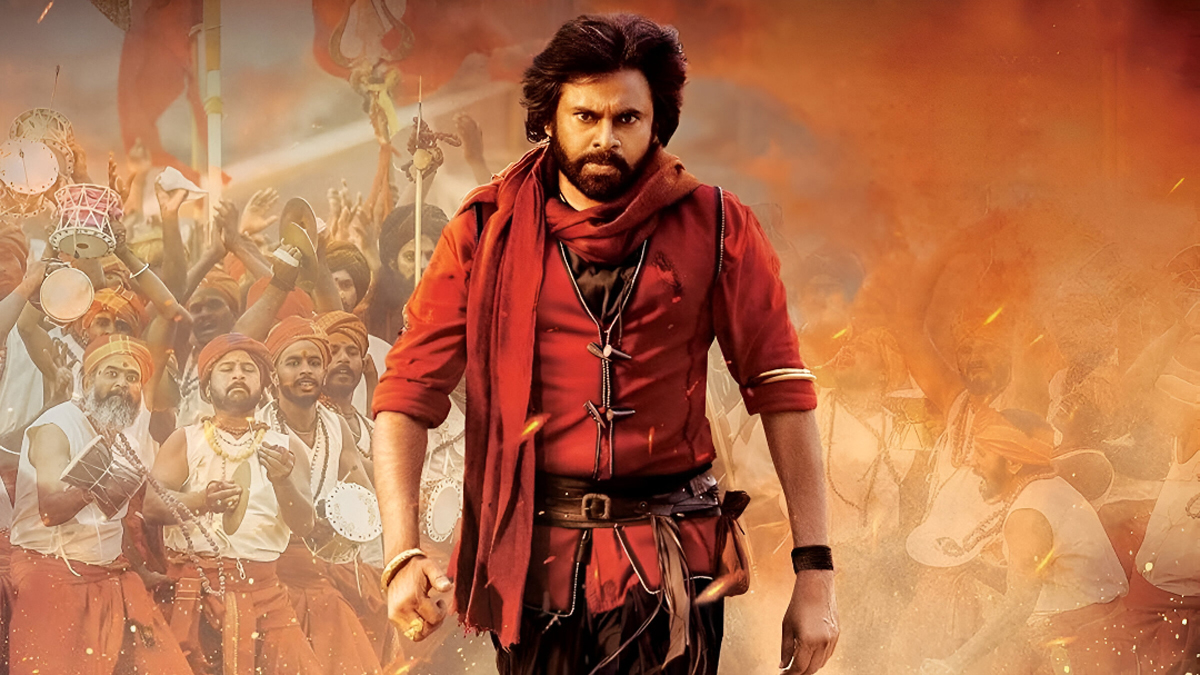Now Reading: Pankaj Tripathi Joins the Chorus: Actors Deserve Reasonable Work Hours, Says “No” is a Must
-
01
Pankaj Tripathi Joins the Chorus: Actors Deserve Reasonable Work Hours, Says “No” is a Must
Pankaj Tripathi Joins the Chorus: Actors Deserve Reasonable Work Hours, Says “No” is a Must

In a significant move that signals a growing demand for healthier work-life balance in Bollywood, veteran actor Pankaj Tripathi has voiced his strong support for actors advocating for reasonable work hours. His statements come hot on the heels of reports surrounding Deepika Padukone’s alleged exit from Sandeep Reddy Vanga’s film ‘Spirit,’ partly due to her reported request for an eight-hour workday. Tripathi’s thoughtful insights add considerable weight to a conversation that is rapidly gaining traction within the industry, with other prominent figures like Mani Ratnam, Ajay Devgn, Kajol, and Saif Ali Khan also speaking up.
Pankaj Tripathi, known for his grounded persona and impactful performances, emphasized the critical need for setting boundaries and politely declining excessive work demands. In a recent interview, he candidly recalled his own experiences with grueling schedules, sometimes stretching to 16 to 18 hours straight. “Kaam mein khiche jaa raha hai. 16 ghanta-18 ghanta ho gaya main laga hua hu. Main bol bhi raha hu, actor jaa chuka hai. Labour ruka hua hai,” he shared, humorously yet pointedly describing the exhaustion that often sets in when shoots run significantly over time. This vivid description highlights a reality many in the film industry face, where the line between dedication and burnout often blurs.
Tripathi stressed that it’s essential to understand when enough is enough and to communicate that clearly and respectfully. “Phir laga nahi, abhi toh aap vinamrata purvak bol dijiye ki ‘Nahi, itna hi hoga. Humne commit ye kiya tha, commitment humari poori ho gayi. Ab dhanyavaad. Jo bacha hai, kal karenge,'” he explained, advocating for the simple yet powerful act of saying “no” once the committed work is done, deferring the remaining tasks to the next day. This sentiment underscores a desire for professionalism that prioritizes well-being without compromising on commitment.
Deepika Padukone’s reported stance on an eight-hour workday for ‘Spirit’ sparked a significant debate, particularly in the context of her being a new mother. While some reports also cited issues regarding her remuneration and language preferences, her demand for structured work hours became a central point of discussion, prompting many to re-evaluate the demanding norms of the industry. Filmmaker Mani Ratnam had earlier championed Deepika’s request, calling it “not unreasonable” and “an absolute necessity,” especially for young mothers. He further noted that he was “glad she’s in a position to ask for it.”
The widespread support from various actors and filmmakers for reasonable working hours indicates a paradigm shift in Bollywood’s work culture. For years, the industry has been notorious for its erratic and often excessively long shooting schedules, leading to physical and mental fatigue, impacting personal lives, and potentially hindering creative output. Actors like Saif Ali Khan have also spoken about the importance of family time, stating he “hates coming home and seeing the kids already asleep,” and that true success includes being able to prioritize personal life.
Pankaj Tripathi’s decision to actively practice saying “no” and advocate for healthier boundaries is a significant step, coming from an actor who has climbed the ranks through sheer talent and hard work. His voice, alongside others, amplifies the call for a more sustainable and humane working environment. This collective push for change suggests that the conversation about work-life balance is not merely a fleeting trend but a genuine movement towards a more equitable and productive film industry, where creativity and well-being can truly flourish hand-in-hand.










